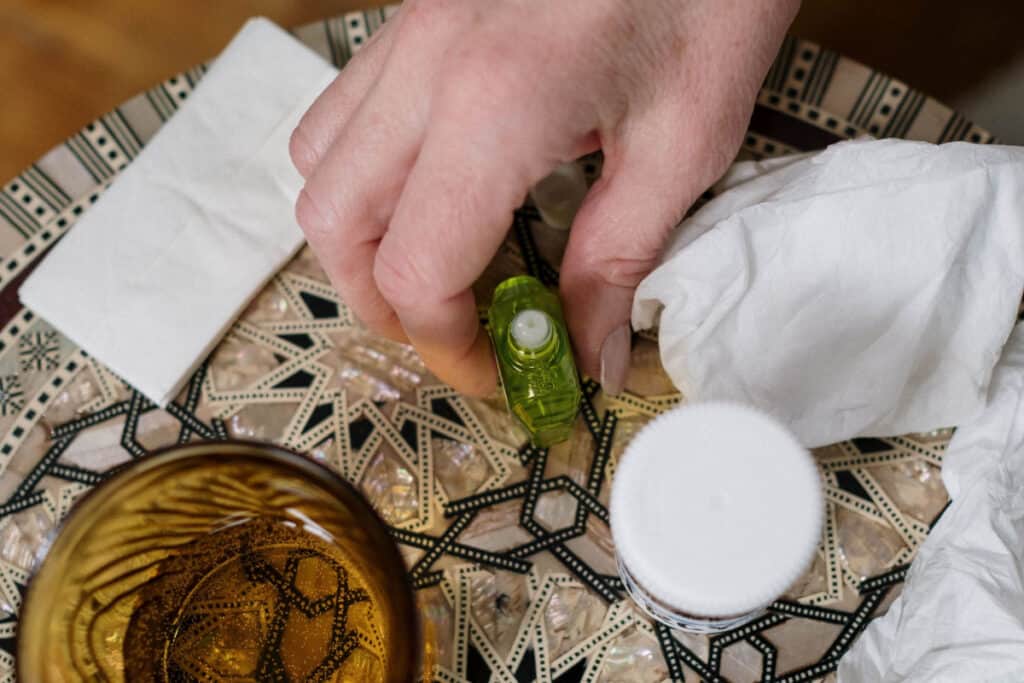Whats is allergy?
An Allergy is a hypersensitivity to foreign substances which by chance come into contact with the body. Allergies are basically just immune responses to otherwise ‘irritating’ substances, which also by chance could have anything from a local anesthetic to chemicals used in manufacturing fertilizers, pesticides, detergents, etc.
Allergies and Allergic Reactions
The most common Allergies are Relapsing (that is bed-wetting), Allergic Reactions ( tattooing, contact gel, nickel allergy, candle allergy, chemistry involving spark plug tip, etc., Radicles. Inhaling Biological Agents, Mucous Membranes. and finally Malabsorption.
Symptoms of an Allergy
- Irritability andMonthly Allergies* Probablyirit Development–which is the building up of pus in the mucous membranes of the eyes and sinuses* Right Away Feeling of a nettle kind of sensation* Sneezing and sniffing, running to the bathroom with mucus immediately after inhalation* wheezing, nasal dryness, stuffy nose and cough, finally going to bed often* Light headedness and drowsiness/discomfort–often these people go from light to no sleep
A Brief Discussion on Allergy Symptoms:
Allergy is defined as a hypersensitivity to foreign substances, which by chance come into contact with the body’s mucous membranes. Allergy is different from common urticaria (hay fever), sensitivity to chemicals, which can be caused by perfumes, certain foods, as well as some medicines.
Allergic Reactions
Allergic reactions can be the result of:
- Mental Stress* Physical trauma–if the allergic substances agitate the lining of the nose or the sinus* Exposure to Toxic substances, for example Mercury (mercury is an element, found in rocks,Latest books state Mercury can be converted into this form by the human body)* Contact with injure or dead animal* Food* Drugs* Excessive cold* Sugar* Milk*Chemical splash in the face
Symptoms:
- Runny nose* Pain in the face, researches later find out that the sinus and oral cavity tissues are dried up* Sore throat* Wheezing* Coughing* Relieving the pain with tissues etc.* Bl hurried evasive movements, such as sudden jerking movements, itchiness, and the like* InflammationCauseching eyes, ears, nose, and mouth with mucus discharge Postural changes (sweating, head moving quickly, lips firmly closed)* Medical conditions such as:* Conjunctivitis* Urticaria* Diaper rash* Paclitis, or Jaundice* Connection with specialists at the doctor`s office, such as:* Headaches* Nosebleeds* Excessive muscular tension* Drug induced edema, and/or bleeding
First Aid

The best way to treat Allergies is to be aware of the symptoms, and be prepared. Knowing what the cause of your symptoms is will help you relieve your symptoms. Being prepared to know how you can prevent an allergic attack will help you be preventive, and will wisely deal with any allergic crisis.
- Removing the substance from your system. latex in latex exam gloves, the powder from eye lenses, powders and spray, and keep all these products out of your reach and out of contact with your skin and eyes. The powder from eye lenses and powder in formula for eyes, if yourselves administered in large quantities to infants and very young children, and your child plays at soccer, it is reasonable to remove these items, especially since they will be impossible for most of us to keep an eye on the soccer ball all the time.
- Being open minded.* Caution and precautions. When you prepare corticosteroids for a child, be sure they have been carefully selected, and that the dose has been carefully titrated, and in a way,lowdoseswhich would be riskier than high doses. Be certain you have been trained to give these medications to an infant. Check with your pharmacist what is safe to give to the infant.
- Creating a special environment. Creating special room and prohibiting products from being brought into the main living area of the house. This will help to avoid a scenario, where the infant sets off an alarm that a downward tonic will trigger a shock that could be fatal for the infant.
- Keeping corticosteroid drops available. Keep an adequate supply of corticosteroid medications available.
Remember, that the incidence of life-threatening allergic rhinitis in children will be greatly in excess compared to those who have not been vaccinated. Immunizing your children will help to reduce that risk.
More interesting Article For You!
Are You A Skinny Muscle Person?